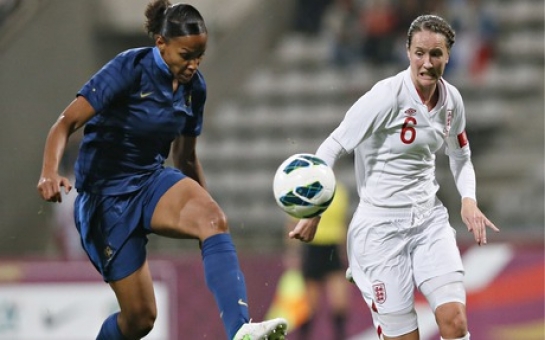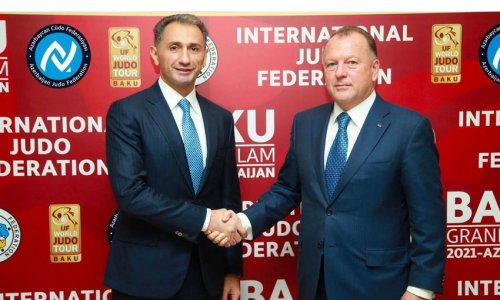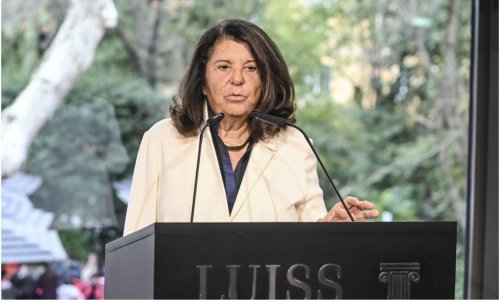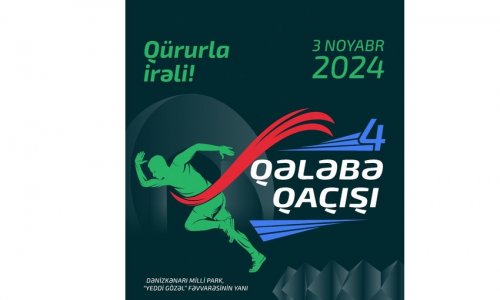Her sexuality has been written about in the past – notably in 2012, when she was included in the Independent on Sunday Pink List. But, inspired by the bravery of Olympic diver Tom Daley, Stoney told BBC Sport: "I was living a lie. I've never hidden it within football circles because it is accepted, but to the outside world, I've never spoken about my sexuality."The macho world of male professional football and the appallingly sexist behaviour of some high-profile players towards women is hardly a context in which male players will feel supported if they came out as gay. The fans, despite the FA encouraging more families and women to attend the game, add to the overspill of testosterone by chanting anti-gay slurs about players they do not like.Conversely, women with a penchant for sports, aside from perhaps beach volleyball, curling and ice hockey are often assumed to be lesbians. Why else would they risk messing up their hair? Oddly, many sportswomen actually put their skills before appearance when they are working, which serves as a dividing line between female sports professionals and men like David Beckham. But this assumption that many women in sport are lesbians does not actually help women come out.According to a 2008 report, Barriers to Women and Girls' Participation in Sport and Physical Activity, by the Women's Sport and Fitness Foundation (WSFF), a charity that aims to get more girls and women involved in sport, there are several barriers to women's participation, one of which is prejudicial attitudes to sexuality: "Some girls avoid certain sports for fear of being perceived as unfeminine or lesbian; some parents discourage their daughters from taking up sport; some lesbian athletes avoid going public about their sexuality in case they experience prejudice from other athletes and coaches, or lose public support or sponsorship."Because women are made for cross-stitching and bringing up babies, it is obviously unnatural, goes the sexist stereotype, that women wish to get hot and sweaty with other women on the pitch. It is not that far a leap, if you do believe such activity among females is an oddity, to assume that off the pitch, men are cast aside in favour of lesbian trysts in North Face clothing to the theme tune of Match of the Day.Couple these attitudes with the fact that the majority of sports journalists and sports editors are men, and we have a double bind of sexism and anti-lesbian prejudice that prevent women from both participating and, if they are lesbian, coming out.When I interviewed the out lesbian legend Martina Navratilova in 2010 I asked her why she thinks there are so few out gay sporting icons, 30 years after she came out. "There is a kind of reverse homophobia with women because they have to almost prove they are straight," she told me. "They are seen as dykes just because they play sports. A journalist would never dare ask a male athlete, a football player or a softball player: 'Are you gay?', unless they were a figure skater, but it is OK to ask a female tennis player."Stereotyping women who love sports as lesbians may mean that folk are less shocked if one of them does actually turn out to be gay, but it certainly does not help her journey in coming out with confidence.(theguardian.com)ANN.Az
Sportswomen are stereotyped as gay – but that doesn't make coming out easy
Sport
17:00 | 13.02.2014

Sportswomen are stereotyped as gay – but that doesn't make coming out easy
Casey Stoney, the England football captain and Arsenal defender, has spoken in detail for the first time about being a lesbian.
Follow us !










